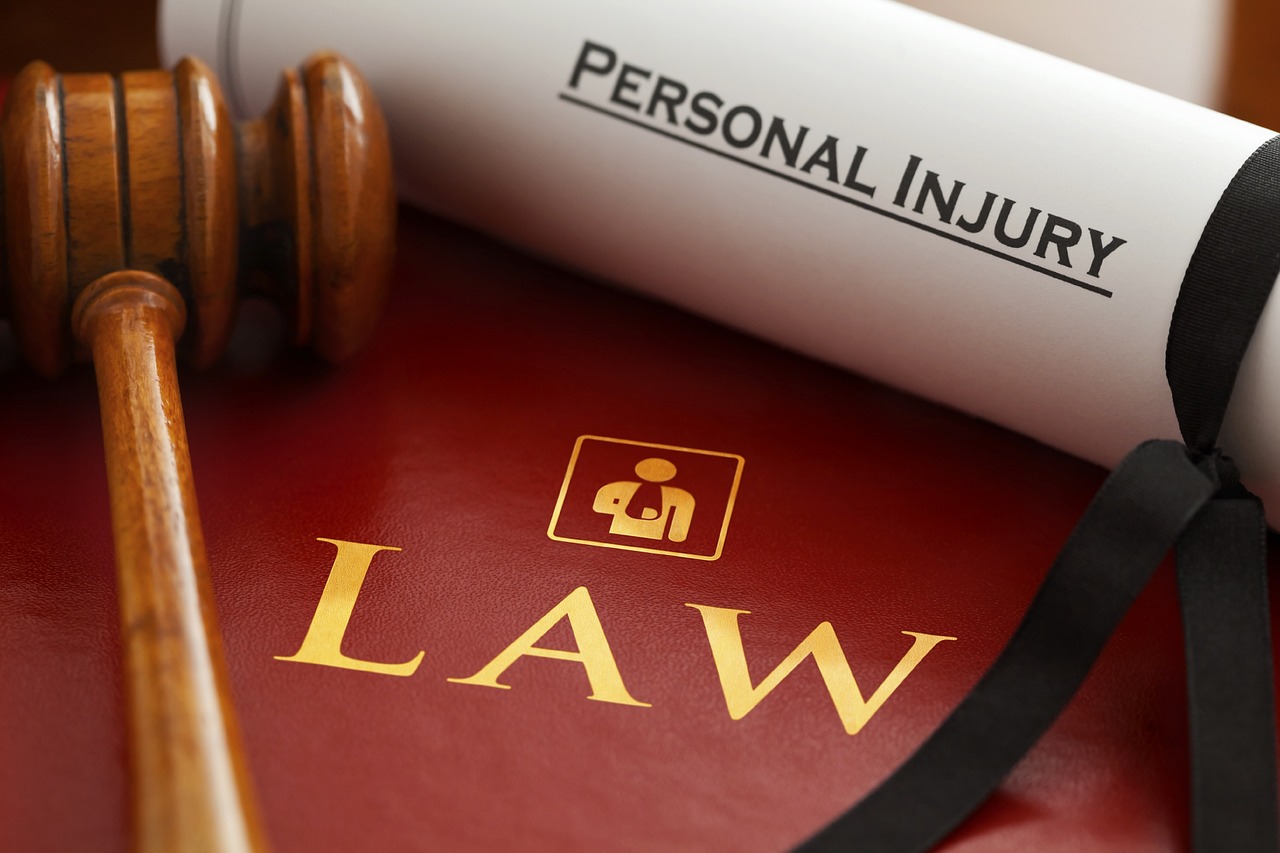
Being in need of an injury lawyer is not a routine experience for anyone. Feeling uncertain of the process is typical, and going about it the right way demands the right approach. Choosing the right personal injury lawyer for you can be contingent on asking the right questions to a legal professional.
A car accident can be a life-altering event, leaving you physically injured, emotionally shaken, and financially burdened. When seeking compensation for your injuries and damages, consulting with a personal injury lawyer is a crucial first step in the legal process. This initial consultation is an opportunity to discuss your case, understand your rights, and evaluate the potential for a successful claim. While it’s inevitable that you’ll be learning a lot in this meeting, you’ll still want to be asking the questions that reveal whether the lawyer is a good fit for the job. To make the most of this meeting, it’s essential to be well-prepared.
Below, we will walk you through the steps to prepare for your initial consultation with a personal injury lawyer after a car accident.
Table of Contents
- 1 Gather and Organize Relevant Documents
- 2 Write Down a Detailed Account of the Accident
- 3 Create a Timeline of Events Post-Accident
- 4 List Your Questions and Concerns
- 5 Be Honest and Transparent
- 6 Bring Identification and Contact Information
- 7 Consider Contingency Fees
- 8 Understand Your Goals
- 9 Take Notes During the Consultation
- 10 Evaluate the Attorney
- 11 Questions You Should Ask
Gather and Organize Relevant Documents
Before your consultation, gather all documents related to the accident and your injuries. This includes:
- Accident Report: Obtain a copy of the police report or accident report, if available.
- Medical Records: Collect all medical records, bills, and receipts from doctors, hospitals, and therapists who treated you.
- Insurance Information: Provide your insurance policy details, as well as information about the other driver’s insurance, if applicable.
- Photographs and Videos: Any pictures or videos taken at the accident scene or of your injuries can be valuable evidence.
- Witness Statements: If there were witnesses to the accident, gather their contact information and any statements they provided.
- Correspondence: Keep any communication related to the accident, such as emails or letters from insurance companies.
By having these documents organized and readily accessible, you can help your attorney assess the strength of your case during the consultation.
Write Down a Detailed Account of the Accident
Don’t rely on memory to serve you well long after an accident. Prepare a clear and concise narrative of the accident as soon as you can. This is including:
- The date, time, and location of the accident.
- Weather conditions and visibility at the time of the accident.
- A description of how the accident occurred, including the actions of all involved parties.
- Any statements made by the other driver or witnesses.
- Injuries sustained by all parties involved.
- Any conversations with law enforcement officers at the scene.
- Providing this account during your consultation will help your lawyer understand the circumstances surrounding the accident and identify potential liability.
Create a Timeline of Events Post-Accident
Document your actions and experiences following the accident, including:
- Dates and details of medical treatments and appointments.
- Medications prescribed and any side effects experienced.
- Days of work missed due to injuries.
- Interactions with insurance adjusters, including their names and contact information.
A timeline can assist your lawyer in assessing your damages and developing a strategy for your case.
List Your Questions and Concerns
Prepare a list of questions and concerns you want to address during the consultation. This can include:
- How long the legal process may take.
- The attorney’s experience with similar cases.
- The estimated value of your claim.
- Potential challenges or obstacles in your case.
- The attorney’s fee structure.
- Having a list of questions ensures that you leave the consultation with a clear understanding of your situation and the attorney’s approach.
Be Honest and Transparent
During the consultation, honesty is paramount. Provide all relevant information, even if it may seem unfavorable to your case. Personal injury lawyers are there to help you, and they need accurate information to provide the best advice and representation.
Bring Identification and Contact Information
Ensure you have a valid photo ID with you, such as a driver’s license or passport, to confirm your identity. Also, provide your contact information, including a reliable phone number and email address, so the attorney can reach you as needed.
Consider Contingency Fees
Most personal injury lawyers work on a contingency fee basis, meaning they only get paid if you win your case. During the consultation, discuss the attorney’s fee structure, including the percentage they will take from your settlement or award. This arrangement can provide financial relief, as you won’t need to pay upfront legal fees.
Understand Your Goals
Think about your desired outcome and share it with the attorney. Whether you want to secure compensation for medical bills, lost wages, pain and suffering, or all of the above, your lawyer needs to know your goals to develop a strategy aligned with your objectives.
Take Notes During the Consultation
During the consultation, your personal injury lawyer will provide you with information about your case, legal options, and potential strategies. Taking notes can help you remember these crucial details and reference them later.
Evaluate the Attorney
Like we stated earlier, remember that the initial consultation is also an opportunity for you to assess the attorney. Consider factors such as their experience, communication style, and whether you feel comfortable working with them. Trust your instincts and choose an attorney who you believe will represent your best interests effectively.
Questions You Should Ask
While the questions you should ask may vary based on your unique case, there are questions that reveal an attorney’s experience and are encouraged to cover. Expect that your questions should uncover the attorneys, experience, assessment of your case, legal strategy, associated fees, timelines, overall communication style, insurance aspects, settlements vs. trials, and your responsibilities as their client. Here are some good questions to start with:
- What is your experience handling car accident cases?
- Can you provide examples of successful outcomes in similar cases?
- How will you assess the strengths and weaknesses of my case?
- What is your fee structure, and do you work on a contingency basis?
- How do you plan to communicate with me throughout the legal process?
- What is the estimated timeline for resolving my case?
- Do you have references or testimonials from past clients?
- Will you negotiate with insurance companies on my behalf?
- What evidence or documentation do you need from me to build a strong case?
- What should I avoid doing that might harm my case?
Preparing for your initial consultation with an injury lawyer after a car accident is a critical step in pursuing the compensation you deserve. By gathering relevant documents, documenting the accident and its aftermath, and asking the right questions, you can make the most of this important meeting. Remember that your attorney is there to guide you through the legal process, advocate for your rights, and help you on your journey toward recovery. With thorough preparation and open communication, you can work together to achieve a favorable outcome for your case.

